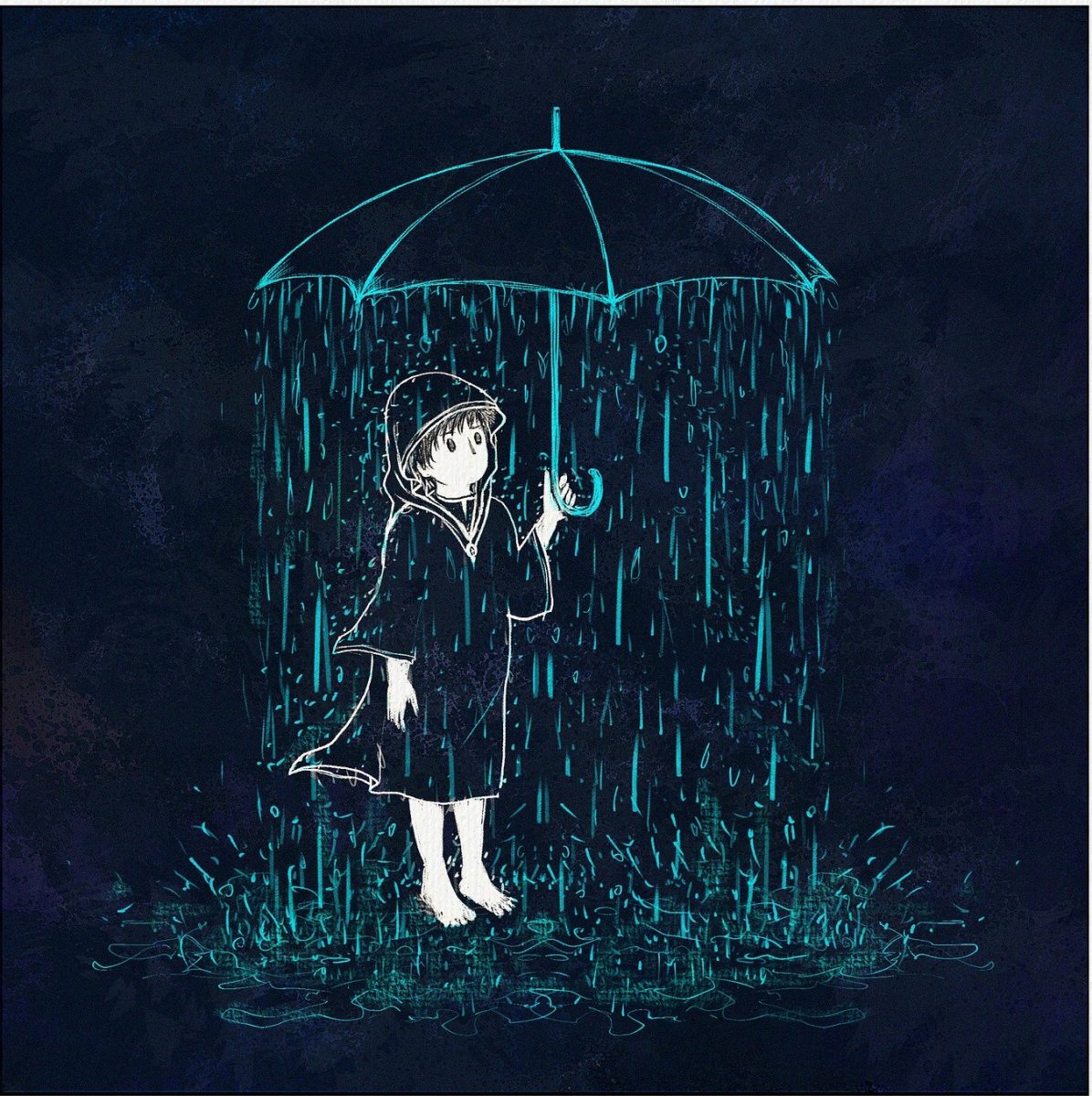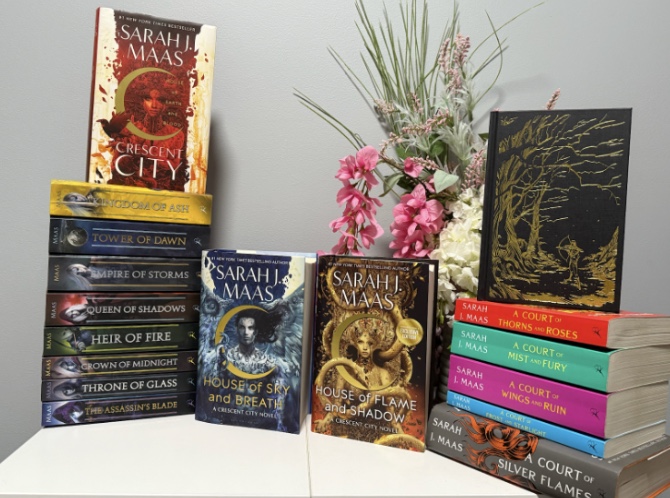Lovely War: the power of love in tragedy
January 28, 2023
War is a devastating and cruel force. It takes the lives of innocents, destroys families, and leaves nothing but destruction in its wake. The novel Lovely War by Julie Berry, which takes place during the Great War, details the horrors of World War I and its impacts on those involved in the brutal conflict. However, Berry crafts a story in which love perseveres and eventually triumphs over war, leaving her audience with the message that love is the most powerful force in the world.
The book opens with Aphrodite, the Greek goddess of love, caught having an affair with Ares, the god of war, by her husband Hephaestus. Hephaestus, the god of fire, agrees to grant Aphrodite a trial, during which she tells the love stories of four unique yet interconnected individuals: Hazel, a British pianist, James, a newly recruited British sniper, Colette, a Belgian singer, and Aubrey, an African-American soldier and musician. The book follows the four as they face countless hardships and are both reunited and broken apart by the war.
Aphrodite begins her story with Hazel and James meeting at a dance, but the pair are separated when James is required to move to France to fight in the war. This inspires Hazel to travel to France to volunteer at a YMCA relief hut, where she meets Colette, a young woman who survived the Rape of Belgium (an outbreak of violence and murder against Belgium by Germany during WWI) and fled when German forces killed her family and first love. This part of the story is narrated by the god of death, Hades, emphasizing the devastation that Colette has faced and the resilience she has shown in its face.
While working at the relief hut, Hazel and Colette meet Aubrey, an African-American soldier with a passion for music. The readers learn of the racism Aubrey has faced even as he serves his country, and Berry highlights the injustice of the time period with emotional and gruesome scenes such as the brutal murder of Aubrey’s best friend. Eventually, Aubrey and Colette fall for one another, but face various challenges as an interracial couple due to the nature of the time period. Berry’s realistic and heart-wrenching portrayal of the racism African-Americans faced is clearly well-researched and connects the audience to their struggles during this time.
Berry does an excellent job of captivating the readers, building complex characters who face unthinkable challenges and grow stronger in the process. The book is extremely emotional, detailing the physical and emotional horrors of war and depicting how these horrors have fundamentally changed each of the characters by the end of the novel. The setting is very vivid, as Berry takes the readers from the trenches of France to the magical lights of Paris. Incredibly well written and descriptive, the novel draws the readers in and attaches them to the characters, encouraging the audience to root for their happiness.
The end of the novel brings a happy ending for all of the characters, giving the readers a satisfying end to a despondent story. Overall, the book was incredibly well-written, with a fast-paced and always developing plot, complex and interconnected characters, and an emphasis on the power of love as developed by the devastation of war and the narration of the Greek gods. Berry’s creative approach to the novel paired with phenomenal characterization and world-building make this book an incredible read.






































